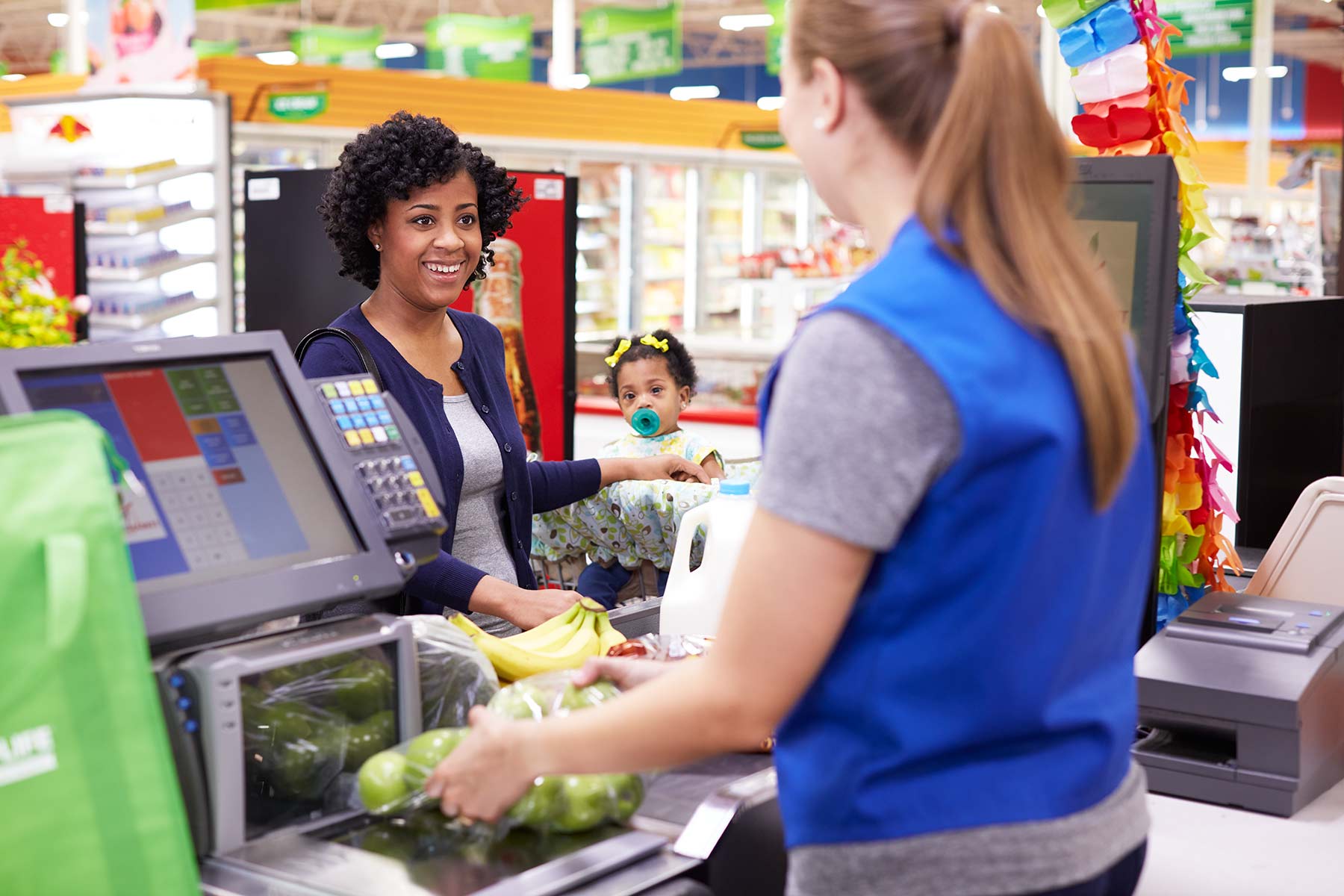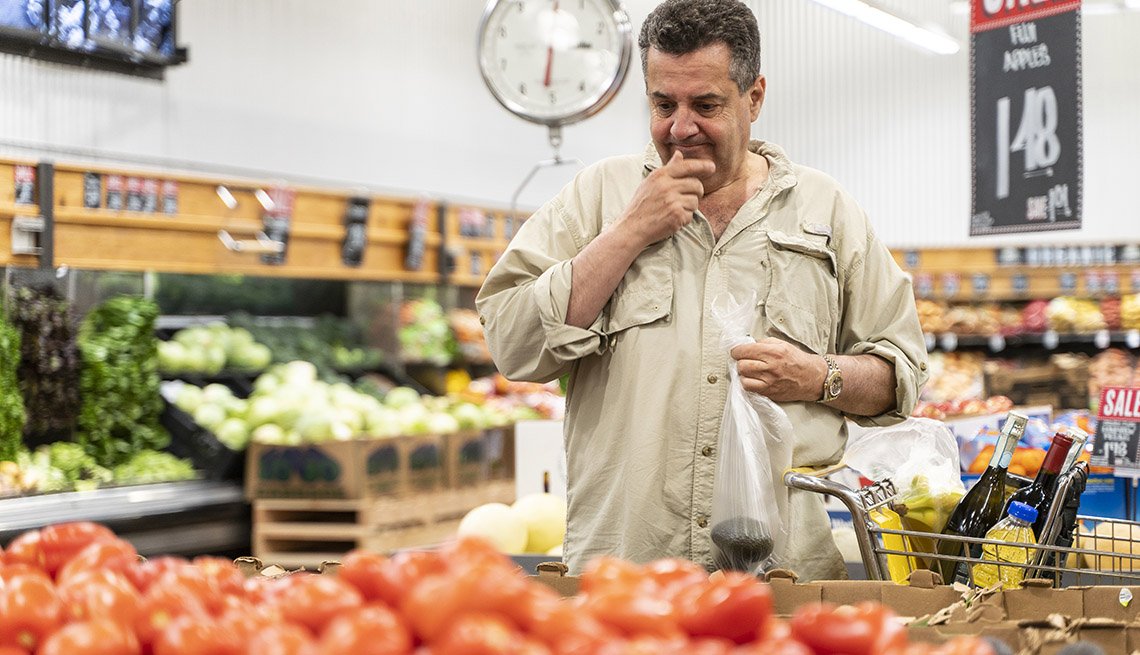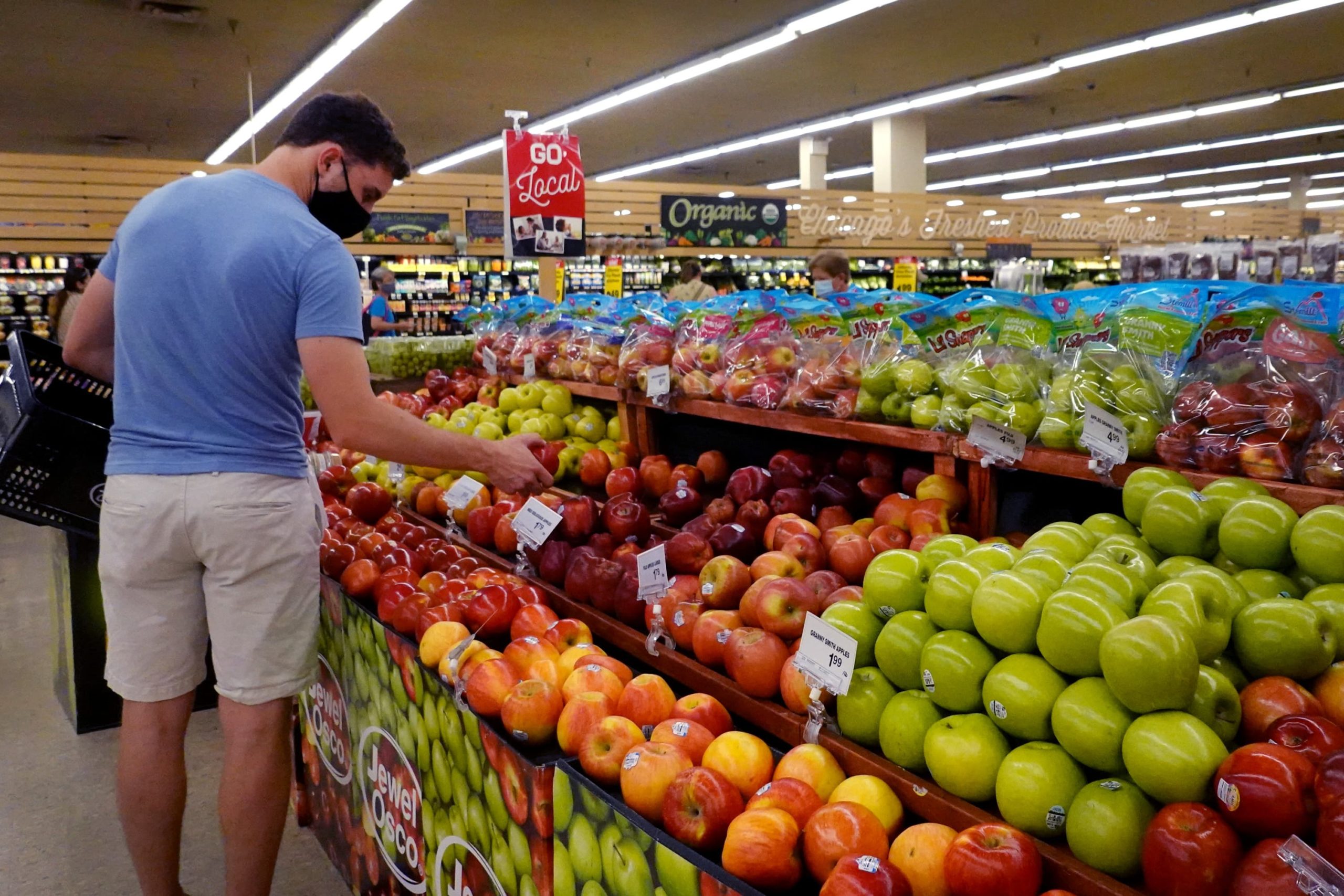Winco vs Costco (The 6 Cheapest Grocery Stores in the U.S.)
Many grocery store customers will always have this misconception of comparing that one store is better than the other, well in this article, we will discuss which is cheaper. Winco vs Costco is a fair comparison as well as other grocery store companies in the US.

Winco vs Costco
Americans typically spend $550 a month, or $6,600 a year, on groceries.
By purchasing food in bulk at Winco or Costco, you can increase your annual savings.
We learned a lot in 2020, including the importance of stocking up on toilet paper.
Winco and Costco are both excellent places to buy in bulk.
Buying in bulk is less expensive than buying in smaller amounts.
You won’t need to replace things as frequently, although there may be a greater upfront cost.
While Winco’s facilities are comparable in size to Costco’s, they are different stores.
They regarded Winco as a retail grocery store, but they regard Costco as a wholesale warehouse.
Their price comparison reveals that several stores are more affordable than others depending on the things they provide.
For meat and poultry costs, Costco beats Winco. Rotisserie chicken costs $4.99 at Costco and $5.48 at Winco.
For bulk non-perishable goods like toilet paper, which costs $24.99 for 30 rolls, Costco is also less expensive.
Produce is more affordable at Winco, and for several products like oats, wheat, and spices, customers can pay by weight.
| Item | Costco | Winco |
| Rotisserie Chicken | $4.99 | $5.48 |
| Toilet Paper (30 Rolls) | $24.99 | $26.93 |
| Large Navel Oranges | $1.25 lb | $0.58 lb |
| Braeburn Apples | $1.62 lb | $0.78 lb |
| Fuji Apples | $1.62 lb | $0.78 lb |
| Pineapples | $3.49 each | $2.78 each |
Winco has roughly 100 stores, mostly in the Pacific Northwest, California, Arizona, and Texas, and Costco has about 800 locations throughout the country in suburban regions.
People Who Prefer Costco Over Winco
Costco is one of the top 13 cheapest food retailers in America, according to Consumer Reports.
Their low-cost, high-quality meats and poultry (rotisserie chicken anyone? ), in particular, are well-known.
While the price of their competitors rotisserie chicken increased over time, Costco could keep theirs at under $5.00.
Costco has excellent non-perishable bulk products. Since almost all of Costco’s products are sold in bulk, the initial cost of groceries is greater.
However, their items also tend to last longer, making the price per unit cheaper than non-bulk purchases.
For the following reasons, many customers pick Costco over Winco:
1. Toilet paper
2. Paper towels
3. Canned goods
4. Frozen foods
5. Butter
6. Meat (the $4.99 Rotisserie chicken is especially popular)
7. Cleaning products like Clorox wipes
8. Vitamins and minerals
9. Toiletries (makeup wipes, toothpaste, shampoo, and razors)
10. Over-the-counter medicines (Tylenol, allergy meds, ibuprofen)
More Information on Winco vs Costco
The quality of Winco’s rotisserie chicken is likewise excellent.
When I visited WinCo in Santa Clarita, the prices and the caliber of their products pleasantly impressed me.
Even though I adore Costco, it is nice to have a comparable option that is also reasonably priced.
Most likely, you’re wondering if the rotisserie chicken is any good.
Unanimously, the response is yes! The rotisserie chicken had a wonderful flavor.
I’ve tried a few different rotisseries, but the quality of the meat determines how I feel about them all.
Although each of them had some fantastic qualities, none of them had meat that could compare to what I received at WinCo.
It was grass-fed beef that was reared organically without the use of hormones, antibiotics, or additional grains or sugars.
The birds were organic and had neither water nor oils added.
Rotisserie chicken from WinCo costs $5.48. Their roasted turkey breast, which costs roughly the same in most places, is an option.
If there is no WinCo nearby, several other grocery stores, such as Costco ($5), Sprouts ($4–$6), Safeway ($4–$8), and Market Street ($6), among others, sell rotisserie chickens for roughly the same price.
Read also:
- Home Depot Water Heater Installation Cost
- How to Get Discounts on Hotels
- Does Dairy Queen Take Apple Pay
- Apple Watch Screen Repair Cost
People Who Prefer Winco Over Costco

Winco routinely offers lower costs than most supermarkets, including Walmart.
Winco was among the top 13 cheapest grocery stores in America according to Consumer Reports.
However, Winco is seen as being even more affordable than Costco in several recent surveys.
Winco allows you to buy bulk things by weight as opposed to Costco, which only sells bulk items in predetermined quantities.
You pour the quantity into a tiny bag or container at the supermarket, which typically offers enormous bins of products like rice, flour, dried fruit, cereal, and coffee.
Because a machine immediately crushed the peanuts on-site, and you can choose how much to purchase, I particularly adore Winco’s peanut butter.
From my experience, Winco has considerably lower prices for produce than other supermarkets.
Winco’s produce is available in lesser quantities than Costco’s, which reduces the likelihood that it will go bad and cost you money.
Check out these affordable goods at Winco:
1. Cereal
2. Dry beans
4. Oats
5. Honey
6. Chia seeds
7. Rice
8. Produce
9. Flour
10. Sugar
11. Baking essentials (baking powder, baking soda, chocolate chips)
12. Spices
The Top 6 Cheapest Grocery Stores

With inflation rising at rates we haven’t seen in decades, saving money on groceries is more crucial than ever.
Unfortunately, a large portion of Americans already struggles to make ends meet and are unable to absorb price hikes in food.
One solution for struggling or budget-conscious families is to think about switching grocery stores.
It’s not always negative to refer to a grocery store as being the cheapest.
Several affordable grocery stores yet offer a premium assortment of foods.
Some of these stores might not have as many amenities as a higher-end grocery store, but that doesn’t imply the food is any less high-quality.
The following ten establishments qualified as the lowest food stores in Dunhumby’s second annual Retailer Price Index (RPI) assessment.
They showed the top 10 prize winners out of the more than 50 grocery retailers surveyed below.
1. Aldi
Aldi provides high-quality products, prompt customer service, consistently cheap costs, and a uniform store layout for simple and quick shopping.
There are Aldi stores all around the country, but they are most prevalent in the midwest and along the east coast.
Only California and Arizona have Aldi stores west of Kansas.
With its wide selection of private label items, like Simply Nature, live free, and Earth Growth, Aldi is renowned for keeping prices low.
Despite focusing on low prices, Aldi has a variety of organic and non-GMO options. Additionally, Aldi’s quality assurance team must adhere to rigid standards of quality.
Aldi’s ruthless efficiency and emphasis on private labels allow for cost savings to be passed through to the customer without compromising quality.
Aldi has negligible corporate overhead, which further lowers costs.
Aldi, for instance, uses contract recruiters rather than internal hiring for most job postings.
2. Market Basket
The Northeast has had a Market Basket grocery business for 100 years.
Market Basket runs 90 sites in four states, including 53 in Massachusetts, 33 neighborhood stores in New Hampshire, 2 locations in Maine, and 2 locations in Rhode Island.
Market Basket is renowned for treating its staff well, just like Aldi does.
Benefits for full-time employees include a profit-sharing plan, health insurance, and paid time off for illness.
Market Basket maintains low costs by handling most of its delivery, ensuring that all stores stock the same products, and developing strong connections with suppliers who are best for their business.
It also helps that Market Basket has lesser corporate expenses than its competitors and doesn’t have any debt.
Read also:
- Does Billing Address Matter?
- Costco Hearing Aid Prices
- What Does Walmart Rollback Mean
- Lululemon Return Policy
3. WinCo Foods
Mostly owned by its employees, WinCo Foods is a privately held supermarket business.
WinCo is a company with headquarters in Boise, Idaho, with offices in eight other western states.
Over 20,000 people work for WinCo, which has 136 retail locations, six distribution sites, and more.
WinCo Foods keeps costs down by avoiding distributors and middlemen and purchasing a large number of products straight from farms and manufacturers.
As a result, WinCo stores are more basic than those of larger grocery chains, offering fewer frills and selections.
To keep prices low, WinCo Foods also does not take credit card purchases and requires employees to carry their bags.
Additionally, WinCo provides a corporate pension and benefits to workers who put in over 24 hours per week.
These top three cheapest grocery stores all seem to have one thing in common: they are ruthlessly efficient in their business practices and treat their staff well.
4. Food 4 Less
Many of the grocery store chains with the name Food 4 Less are owned by Kroeger.
The United States is home to several Food 4 Fewer outlets, including Falley’s, Nugget, and Fleming.
However, Food 4 fewer stores are mostly found on the West Coast.
Instead of focusing on designing a beautiful store, Food 4 Fewer locations emphasize offering affordable, high-quality food options.
A supermarket in the style of a warehouse places a high priority on effectiveness.
At most Food 4 Fewer shops, customers can expect a comparable shopping experience, including bagging their items.
Large bins are used to store a lot of merchandise so that customers can easily get what they need and move about the store.
5. Costco
Costco is a warehouse that accepts only members and makes most of its money from retail sales and a minor portion from membership fees.
There are 572 Costco locations in the US, out of over 800 worldwide.
They may price no item at Costco over 14% above its actual cost. Costco, like other less expensive grocery stores, maintains its prices low by utilizing private label brands like Kirkland and effective distribution.
As a result, if a product’s price is too expensive, they won’t stock it.
Given the enormous size of most Costco shops, in-store efficiencies, such as the use of skylights to lower electricity costs, also play a key role in keeping prices down.
6. Walmart
The biggest and most well-known retailer on this list of grocery stores is Walmart.
Walmart is renowned for offering a huge selection of goods at the most competitive pricing.
There are over 10,000 Walmart locations worldwide, spread over 24 different nations.
With 2.2 million employees worldwide, Walmart is the biggest private employer.
I well recognized Walmart for its tenacious search for low costs.
Walmart does not have a great reputation for paying its employees well, in contrast to the other stores mentioned, however, they have been working to reverse that perception.
Being the biggest retailer in the world, Walmart has significant negotiating leverage with its suppliers.
Due to their reliance on Walmart’s distribution, many suppliers will accept lower costs for greater volume.
Frequently Asked Questions
1. How is WinCo Cheaper?
Several tactics are used to keep prices low, but the major one is that they frequently purchased directly many products from farmers and manufacturers, cutting out distributors and other middlemen.
By refusing to accept credit cards and requiring consumers to bag their groceries, WinCo also reduces expenses.
2. Is WinCo Cheaper than Grocery Outlet?
The average price we discovered at every store we studied was around 27 percent more than WinCo’s prices.
Prices at Grocery Outlet, which offers an unusual selection of deeply reduced excess national-brand products, were around 26% less expensive than the average.
3. Are Groceries Cheaper at Walmart or WinCo?
(In my experience, the store routinely displays signage comparing WinCo’s pricing to those of Walmart and other chains, with WinCo’s costs frequently being, depending on the item, 50 cents to a $1 less.)
The store frequently avoids middlemen who drive up prices by obtaining goods straight from factories and farms.
4. Is WinCo 100% Employee-Owned?
People from your neighborhood own and run WinCo, and they benefit financially when the business succeeds.
Discover more about the Employee Stock Ownership Plan (ESOP) and look for local job openings.
More FAQS on Winco vs Costco
5. Are WinCo and Costco Related?
WinCo and Costco are not strictly related, although they are both large merchants with amazing bargains on groceries and other necessities.
6. Why is WinCo so Good?
WinCo’s “Extra Savings” placards in a bright green color make it simple to identify the finest bargains.
These are often goods that the retailer has purchased in bulk at a significant discount and is reselling to customers.
Yellow shelf tags on products show regular pricing, which are frequently lower than those you’ll find elsewhere.
7. What Makes WinCo Different?
As an employee-owned business, WinCo is owned by the people who work in your store.
Bulk Bins: minimal packing, significant cost savings, and over 800 products per pound.
8. Is Costco Cheaper Than Grocery Stores?
Prices at Costco are typically 10% less than those at the neighborhood big-box store.
If this article has been Helpful, kindly share with family and friends.